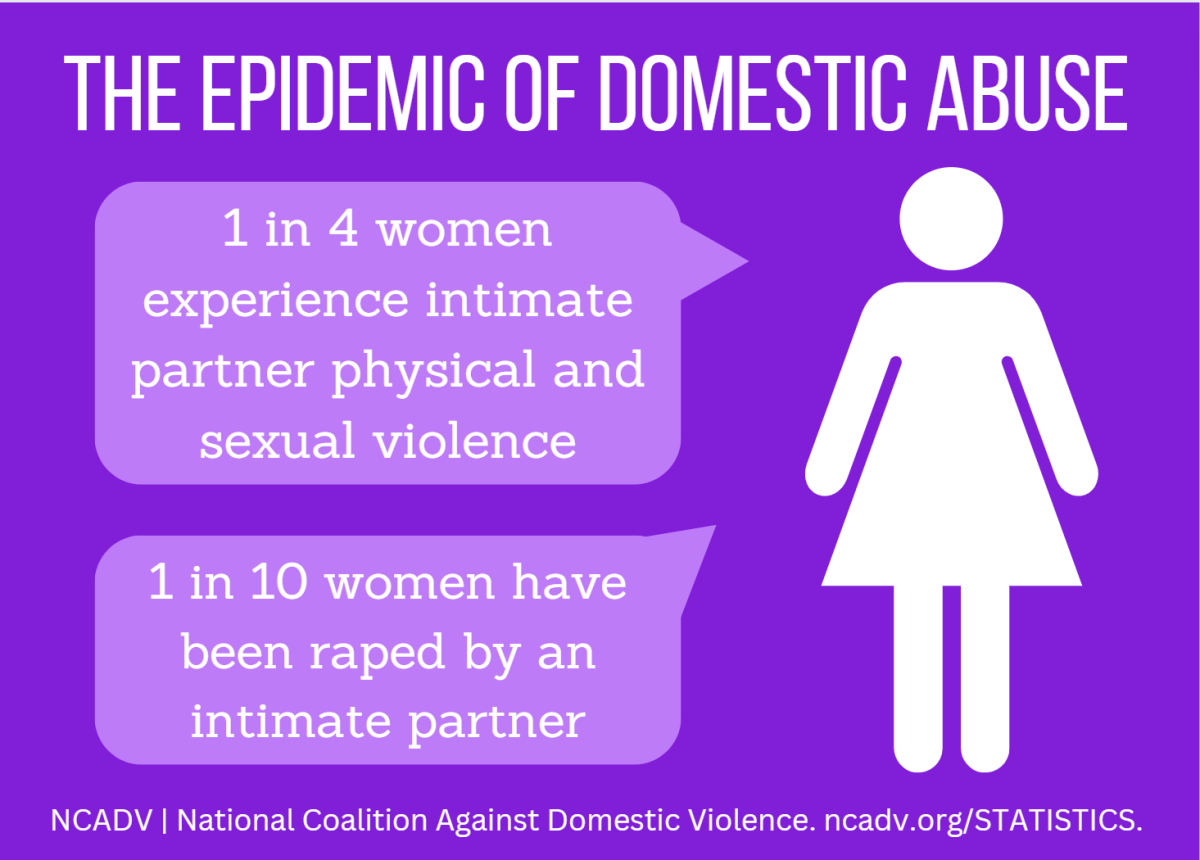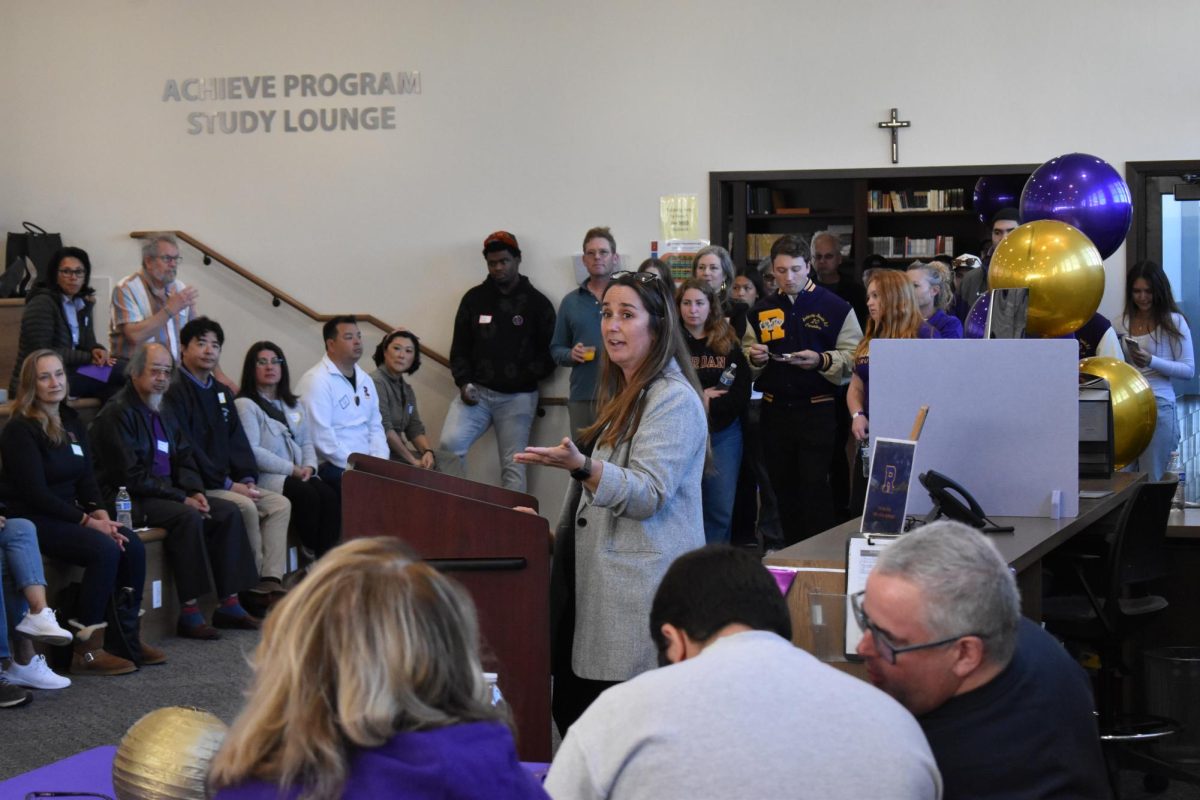As of press time, all five homicide victims in San Mateo County have been killed by domestic violence. This has prompted County authorities to create a Domestic Violence Task Force which aims to address the causes of domestic abuse and prevent future acts of violence.
The victims were all women, and all were killed by former or current boyfriends.
The San Mateo County Domestic Violence Council came up with the idea of a specific task force on September 18, which was announced by county supervisor Noelia Corzo. The task force consists of survivors of domestic violence and their advocates, law enforcement representatives, public health and education officials, county supervisors, and the judiciary.
According to Lynn Schuette, a director at the non-profit Community Overcoming Relationship Abuse, one in four homicides in the United States are due to domestic violence; in San Mateo alone, around 10,000 people a year are impacted by domestic abuse.
Frances Lucero, 27, was shot four times by her boyfriend, Romier Taguiam Narag, in front of her toddler children, aged 3 and 4. According to the GoFundMe for Lucero’s funeral service, she was “the most genuine, thoughtful, loyal and ambitious woman we’ve all been blessed to know” who “touched countless lives of those around her”. The toddlers are alive, albeit without their mother, and Narag faces murder charges.
Maria Romero-Molina, 28, was strangled to death by her boyfriend, Eduar Pajoy-Delgado. They both immigrated from Columbia last year and lived with several other roommates. Pajoy-Delgado faces murder charges and remains in custody on no bail status.
Claribel Estrella, 41, was stabbed to death by her ex-boyfriend, Mark Stephen Mechikoff. Estrella was formerly homeless and killed in her apartment that she only recently moved into. Her murderer even filmed her death and posted her covered in blood on Facebook. A dozen of Estrella’s friends and family represented her loss in the courtroom, who described her as kind and quiet but always helped others at the homeless shelter; she enjoyed listening to music. Mechikoff is charged with first-degree murder.
Yesenia Lopez Hernandez, 41, was stabbed to death by her ex-boyfriend, Jose Uriarte-Martinez, in front of her 17 year old daughter who also got stabbed as she attempted to save her mother. Hernandez already had an active restraining order against her killer. A neighbor described her as a very hardworking mother who went to church. Her daughter survived and is now responsible for Hernandez’s surviving 5 year old son. Martinez is charged with murder and attempted murder.
Grace Marie Kelly, 49, was shot and killed by her boyfriend, Aubrey Avery Jr. Her body was found by her 83 year old mother, and she’s survived by her two children. Hours before her death, Kelly had called police and said Avery had threatened her with a gun. Kelly supported her family financially, and is described by friends and co-workers as a kind friend who put others first. Avery Jr. is charged with her murder.
According to the Journal of Epidemiology & Community Health, while about 25% of the population–overwhelmingly and primarily women–experience domestic violence, only 2.5%-15% report it. Moreover, women of color are disproportionately impacted, as evidenced by San Mateo.
Although causes of domestic violence are varied, one reason is that abusers feel a need to control their victims, which are escalated by anger management issues and feelings of jealousy. A peer reviewed research article by Katharine J. McCarthy finds that a significant risk factor in domestic violence is a belief in traditional gender roles and male dominance, as well as male entitlement.
Regardless, the defining feature of nearly all abusive relationships is how the abusive partner tries to establish power and control over their partners. Red flags include but are not limited to jealousy over friends or time spent away from them, insulting or shaming their partners, intimidation through threatening looks or actions, and pressuring partners to have sex.
Furthermore, domestic abuse intersects with other prevalent issues such as gun violence and rape. Of all women in abusive relationships, 40-45% will also be sexually assaulted during its course. Schuette continues that domestic abuse victims are seven times more likely to be shot and killed if their abuser owns a gun.
The National Domestic Violence Hotline encourages victims to reach out and get help; the organization also has resources and support specifically for teen relationships at loveisrespect.org.












